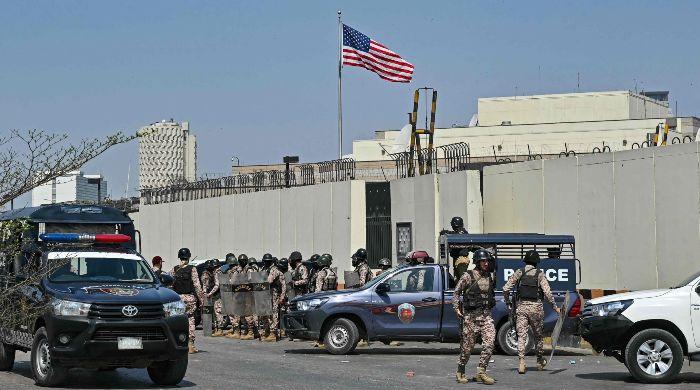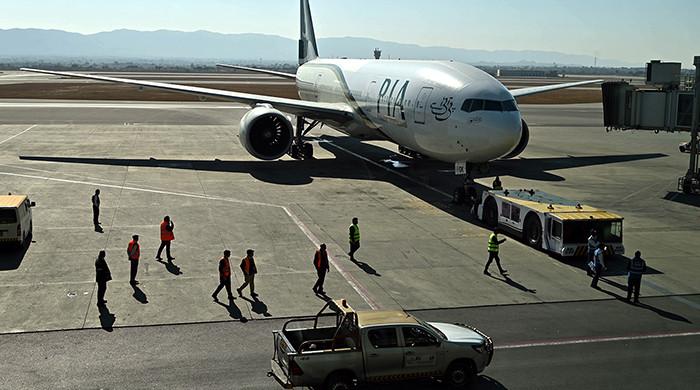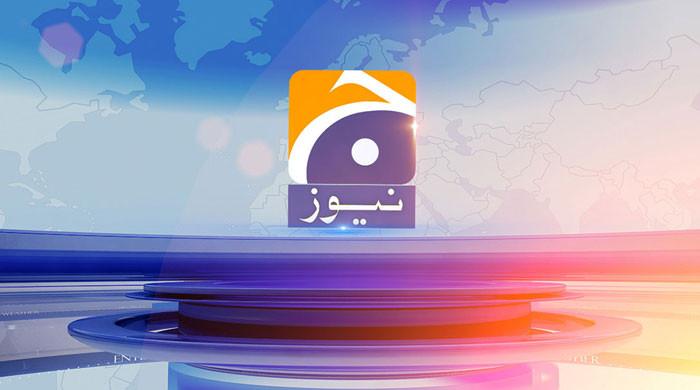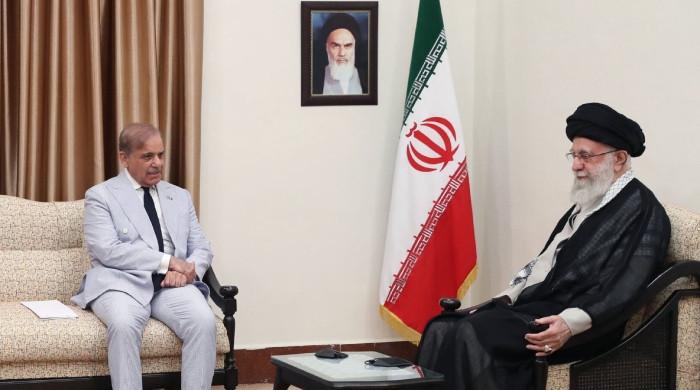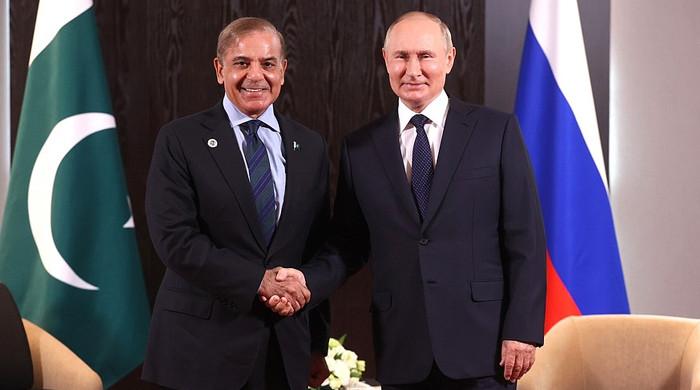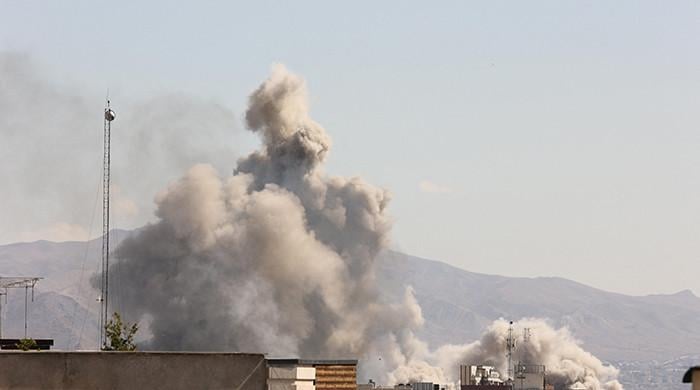Bilawal slams govt over removal of women beneficiaries from BISP
The PPP chairman accused the government of "doling out government benefits only to the moneyed class"
December 26, 2019
ISLAMABAD: Pakistan Peoples Party (PPP) Chairman Bilawal Bhutto Zardari Thursday slammed the government for removing more than 800,000 Benazir Income Support Programme (BISP) women beneficiaries from its list.
The PPP chairman accused the government of "doling out government benefits only to the moneyed class" saying that it was unleashing poverty and unemployment in the country.
READ MORE: Govt to exclude 'non-deserving' people from BISP: Dr Sania Nishtar
“The PTI government has taken total U-Turns on its pre-election promises of providing 10 million jobs and 5 million houses. Instead, it is overseeing mass unemployment, mass homelessness in the name of ‘anti-encroachment’, and multiplying poverty through its ruthless anti-poor policies,” he said.
Bilawal said it was 'criminal' of the government to stay silent as thousands of women will now have to worry about feeding their children.
"The BISP is a lifeline to those women who often had to sacrifice their own dinners in order to ensure their children didn’t sleep hungry. This assault on the livelihoods of the poor and on Pakistan’s only social safety net goes to show the callousness of the PTI regime. Every member of the government, who remains silent on this step, is equally complicit in this economic murder of poor people," he said in a statement.
He warned the government that the PPP "would fiercely oppose" the decision at every forum and would not allow its anti-poor and anti-women policies to be implemented.
The government, on the other hand, claims that the names removed from the BISP list were of people who were 'non-deserving'.
A day earlier, Dr Nishter had shared in a post on Twitter that the federal government had given approval for removing 820,165 BISP beneficiaries.
“Using forensic data analysis, we found that they [the beneficiaries] were ineligible for [income] support based on the criteria,” she had tweeted. She had claimed that the exclusion would save Rs16 billion annually.




